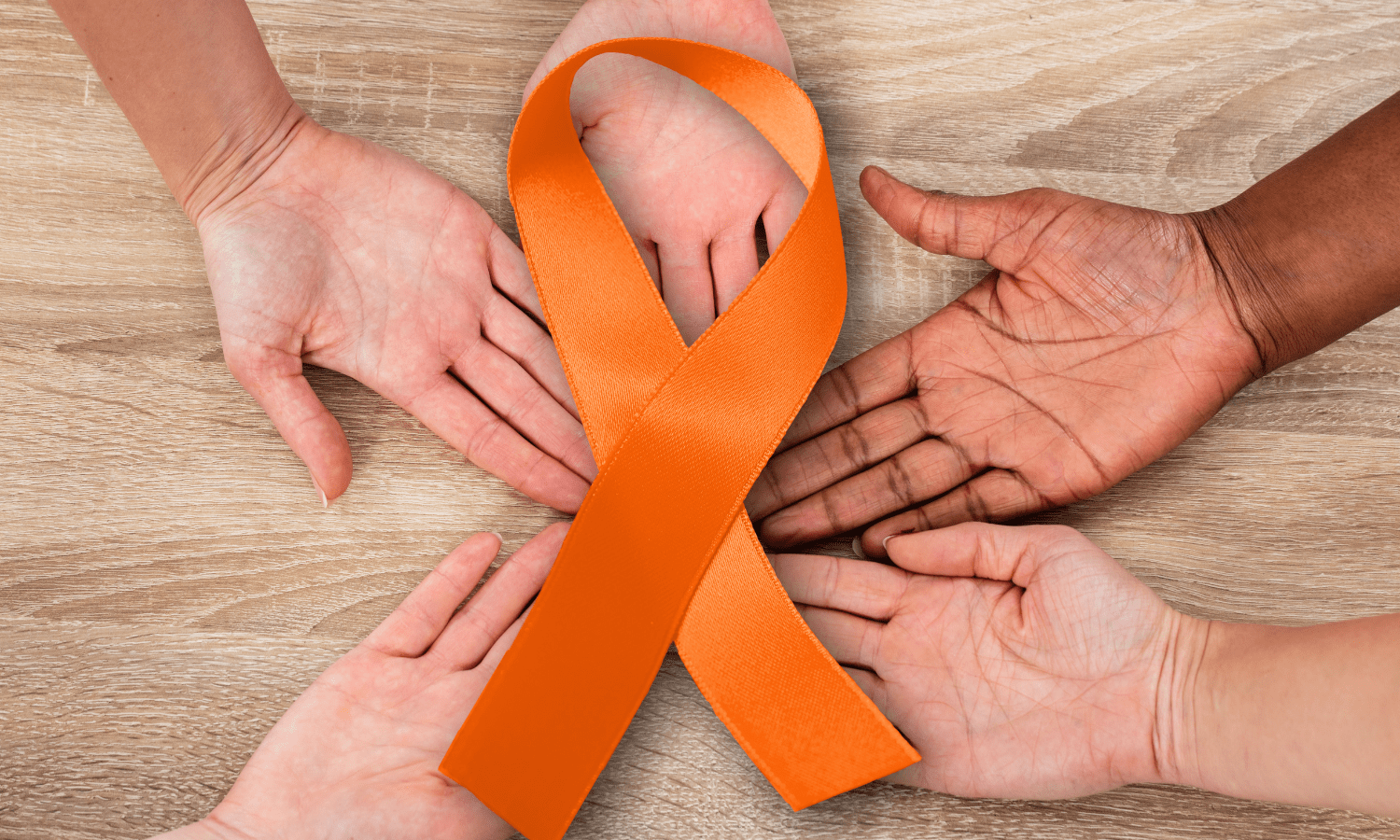Can Uterine Fibroids Become Cancerous?
Imagine a small, harmless growth inside your uterus. It's benign and often painless. This, in a nutshell, describes uterine fibroids. But what if these seemingly innocuous growths had a dark side? Could they possibly turn into cancer? It's a question that has undoubtedly crossed the minds of many women dealing with uterine fibroids. Let's dig into the facts to quell those fears.
Understanding Uterine Fibroids
Uterine fibroids, or leiomyomas, are non-cancerous growths that pop up in the uterus, usually during childbearing years. They vary in size - from tiny, almost undetectable growths to bulky masses that can enlarge and distort the uterus. Interestingly, you may have fibroids and never know it! Some women experience zero symptoms, while others grapple with discomforting signs such as heavy menstrual bleeding, pelvic pressure, frequent urination, and complications during pregnancy [1].
The Connection Between Uterine Fibroids and Cancer
Now, let's address the elephant in the room - can uterine fibroids become cancerous? Here's the reassuring news: The vast majority of fibroids are benign and do not transform into cancer. A very rare form of cancer, known as uterine leiomyosarcoma (ULMS), occurs in the muscle tissue of the uterus. However, it's important to note that current scientific understanding suggests these cancers are not likely to arise from existing fibroids [1]
Diagnosing and Treating Uterine Fibroids
So, how can you know if you have uterine fibroids, especially when they often present no symptoms? Regular pelvic exams are crucial, and when fibroids are suspected, imaging tests such as ultrasounds and MRI scans come into play. Treatments vary widely, depending on the severity and the woman's individual circumstances. Options can range from over-the-counter medication to manage symptoms, hormonal therapy to shrink fibroids, to surgical interventions like myomectomy or hysterectomy in more severe cases [2].
Risk Factors and Prevention of Uterine Fibroids
While the exact causes of fibroids remain under investigation, certain factors appear to increase their likelihood. For instance, women in their 30s and 40s, those with a family history of fibroids, and African-American women appear to have a higher risk [2].
Can you prevent fibroids? Unfortunately, there's no surefire way. However, maintaining a healthy weight and diet, regular exercise, and managing stress may contribute to overall reproductive health.
Ready to Take the Next Step?
While the thought of benign growths becoming cancerous can seem intimidating, the reality is that fibroids rarely pose such a risk. It's crucial, however, to keep regular appointments with your healthcare provider, particularly if you're in a high-risk group or experiencing worrisome symptoms. At Indiana Vascular, we prioritize bringing you accurate information and personalized consultations, aiming to dispel fears and foster informed decisions. If uterine fibroids are a part of your health narrative, we invite you to schedule a consultation with us. Together, we can delve into your unique situation, discuss any concerns, and outline a roadmap for your reproductive health. Your peace of mind and well-being are our paramount concerns.
Sources
Hopkins Medicine. Uterine Fibroids. Johns Hopkins Medicine. Retrieved July 14, 2023, from https://www.hopkinsmedicine.org/health/conditions-and-diseases/uterine-fibroids
Womenshealth.gov. (2019, April 1). Uterine fibroids. womenshealth.gov. Retrieved July 14, 2023, from https://www.womenshealth.gov/a-z-topics/uterine-fibroids

